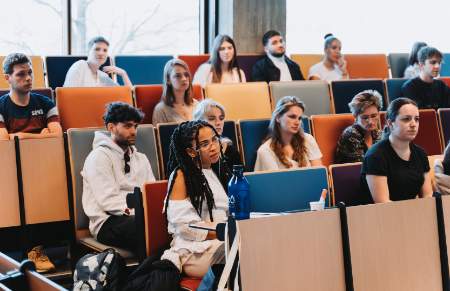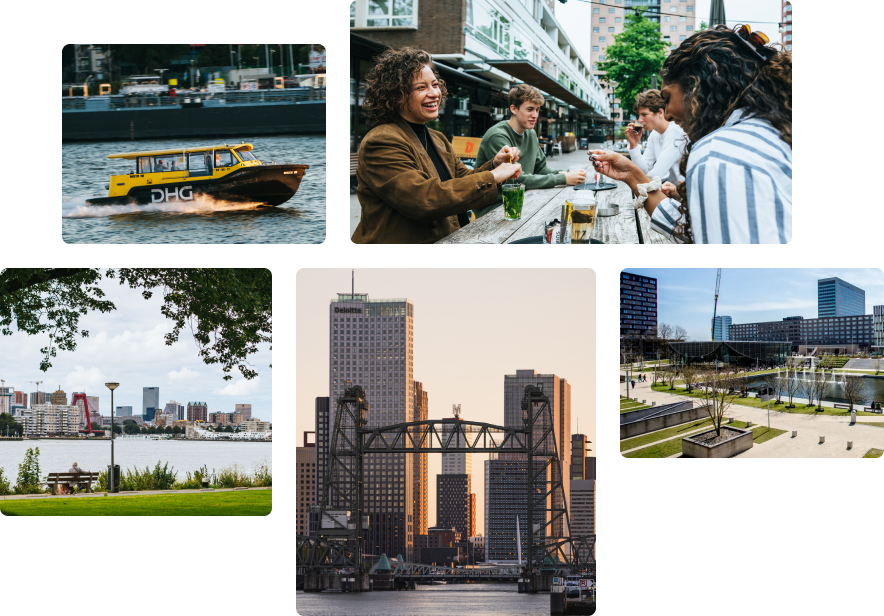Is this the programme you're looking for?
Are you interested in the social, cultural, and ethical consequences of new and established technologies, the way values like ‘privacy’ and ‘security’ impact our lives, as well as the interplay between technology shaping the social world, and social actors shaping technology? Then the master specialisation Digitalisation, Surveillance & Societies is the programme for you!
Key Facts & Figures
- Type
- Master
- Degree
- MA
- Mode of study
- Full-time
- Instruction language
- English
- Duration
- 1 year
- Study points (EC)
- 60
- Location
- Campus Woudestein
- Start date
- September
- Application Deadline (EEA)
- 15 May
The study programme in a nutshell
Digitalisation, Surveillance & Societies is one of the five master Media Studies specialisations. By focusing on today and tomorrow’s most urgent challenges, Digitalisation, Surveillance & Societies teaches you to become an expert in the field of digitalisation and surveillance. You will learn to trace and analyse the fast paced technological and organisational developments in digitalisation and surveillance whilst appraising their social impacts and ethical consequences.
Watch the study programme video

What you will learn
- Understand social and political issues, in relation to digitalisation and surveillance;
- explore what it means to be a digital citizen;
- think critically about digitalisation opportunities and what they entail for society;
- dive into the myriad of communication challenges faced by companies, managers and workers in the media sector and other industries;
- develop scientifically informed responses to challenges by focusing on social, intercultural, political, technical, and international dimensions of digitalisation.
Want to know more? Meet us here

Career opportunities after graduation
Digitalisation, Surveillance & Societies graduates are in-demand and widely employable professionals with excellent career opportunities. At the forefront of social and technological change, they produce digital strategy as advisors and advocates. In addition, graduates will gain expertise well suited to research positions at tech companies, NGO's, universities, and consultancies as well as public and private think tanks.


